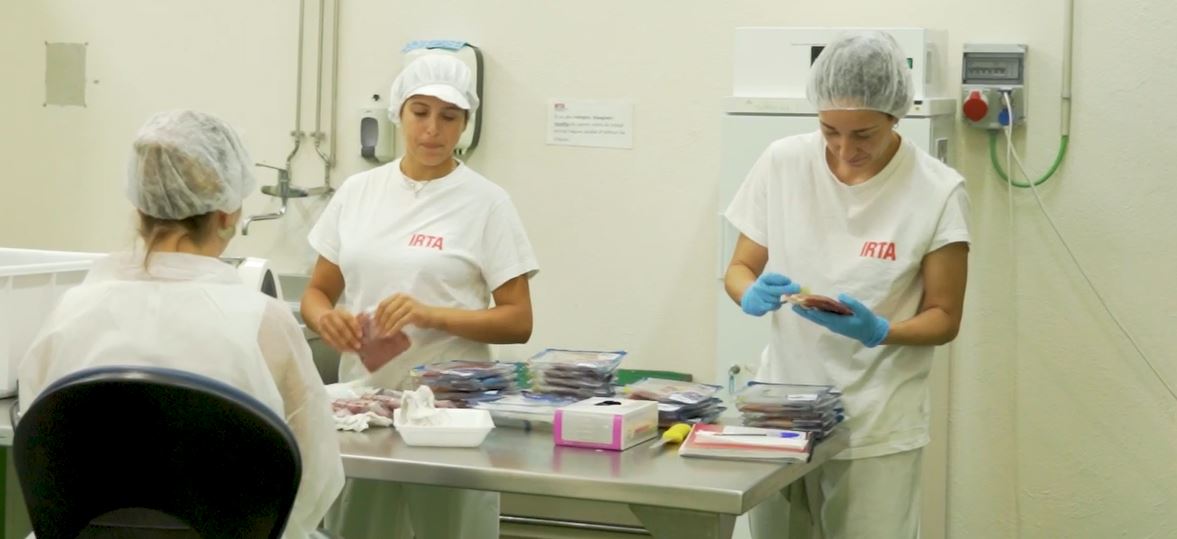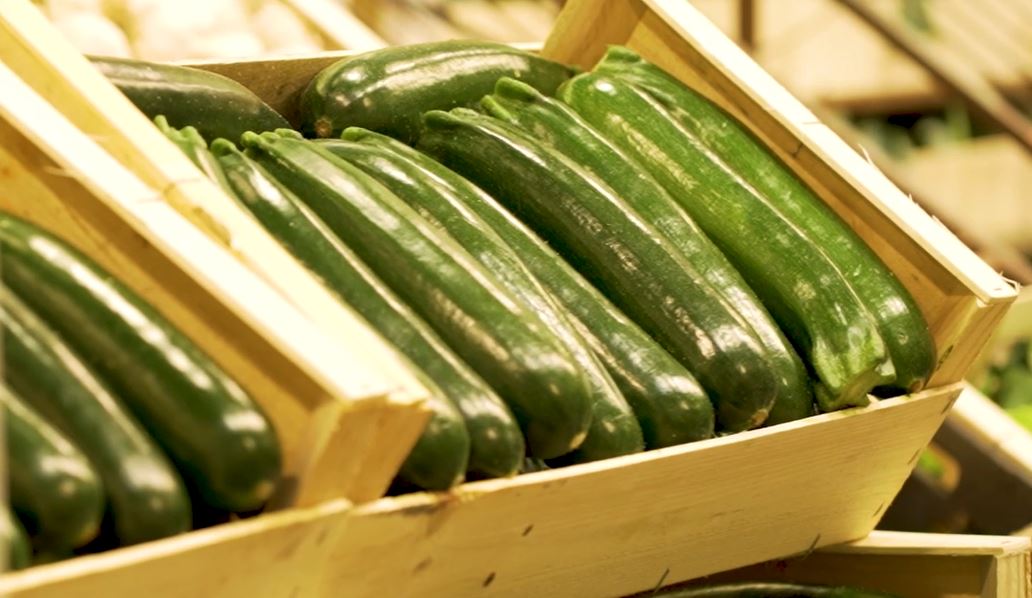
Genetically modified foods specialist
Other denominations
Description
Research into new food production techniques and processes is closely conditioned by advances and biotechnological innovations. This is the case with food genetic engineering, which aims to create genetically modified organisms (GMOs) in order to produce improvements or confer a certain property to food. By means of different techniques, external gens from a different species can be transferred to an organism (which is not their own nature), providing them the desired characteristics: higher productivity; resistance to pesticides, disease or adverse weather conditions; adaptations to different growth conditions; production of a substance or drug; etc. When the modification involves the introduction of a gene from another species, we speak of transgenics.
The genetically modified food specialist is responsible for the design, development and execution of research projects on food production and improvement, using different methods, ranging from simple plant selection to more complex molecular techniques.
In each case, before GMOs are authorized for consumption, all GMOs undergo a rigorous, individualized process for safety assessment. In Europe, this scientific evaluation it is under European Food Safety Authority (EFSA) responsibility. The evaluation shows GMO do not pose a danger to human health, that they do not cause allergies, that there is no transfer of genetic material or resistance to antibiotics and that no significant change has taken place from the nutritional food properties point of view.
Tasks
- Participates in the definition of molecular strategies to transfer the desired genes.
- Characterizes plant species, seeds or tissues (morphology, development, etc.).
- Designs experiments and action protocols for crop development.
- It is responsible for obtaining the necessary number of cases.
- Identifies seed suppliers.
- Leads a group of laboratory assistants. She or he works with specialist who provide information on genetic analysis, using molecular techniques.
- It is responsible for the production of the entire food or organism production cycle, from its origin to the adult stage.
- Detects possible problems the crop may have and proposes solutions.
- Determines the market viability and the appropriate time to launch it.
- It is responsible for compliance with legally established safety regulations for GMOs cultivation.
- Knows new varieties of plants and existing seeds.
- Maintains professional contact with other research groups for the exchange of GMO.
- Writes scientific articles on food genetics techniques, and attends specialized conferences.










 | Catalan | Beginner
| Catalan | Beginner | English | Beginner
| English | Beginner
 Open
Open

 | English | Beginner
| English | Beginner


